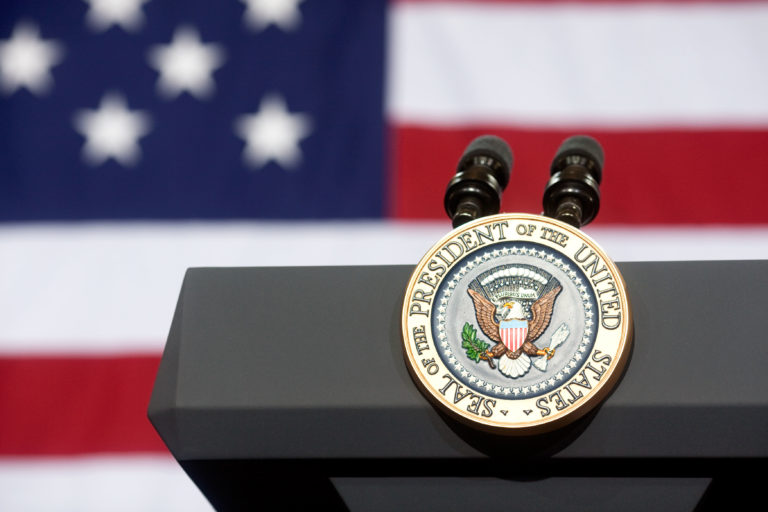Elijah Lutz, Copy Editor
This election cycle, as eventful as it has been, has sparked many conversations about the way presidential campaigns should be run. Many pundits have debated topics from what is appropriate to be said, to how a candidate should behave. A more poignant discussion has come to the forefront of the arena recently, asking the question: how much disclosure is expected out of candidates from their personal lives?
Hillary Clinton has come under scrutiny for not revealing the fact that she had been diagnosed with pneumonia after leaving a 9/11 memorial service in New York feeling overheated. As a result of this, the Clinton campaign released a two-page document from her physician, detailing her health in depth, so much as to even include her vitals from the examination. This is the second health report released by the campaign, with the first one released in 2015.
But she is not the only one to have been criticized for not releasing information. Donald Trump has been consistently subject to criticism for his refusal to release any tax return information, a common practice of presidential candidates. Despite this and frequent reprimands from both his opponent and others, he remains adamant in his stance not to reveal his information until after the election. This is contrary to Clinton, who has released all of her tax returns from 2000 to 2015, which can be viewed at the Tax History Project with other public officials’ returns.
Why is it, though, that releasing information such as this is necessary and important for presidential candidates? James Madison put it quite perfectly when he said: “A popular Government, without popular information, or the means of acquiring it, is but a prologue to a Farce or a Tragedy; or perhaps, both.”
These people are asking us, the electorate, to vote for them and to trust them with being President of the United States. That trust is one that has to be earned, and this is done by taking steps to ensure that information about you is readily available to anyone who may want it.
The sheer amount of disclosure that takes place is appalling, but it is also necessary. To ensure that we know about the man or woman we intend to elect the 45th President of the United States, we must have the necessary resources available for our review on-demand. This tedious idea only helps us prevent electing those who have much to hide in their lives.
[perfectpullquote align=”right” cite=”” link=”” color=”” class=”” size=””]“A popular Government, without popular information, or the means of acquiring it, is but a prologue to a Farce or a Tragedy; or perhaps, both.”[/perfectpullquote]
Was Clinton wrong for not releasing that she had pneumonia? Yes. Is Trump not releasing his returns equally as wrong? Yes. We rightfully hold those who run for president to higher standards than those of us plebeians. We hold the president to the highest standard in all the land, and we must give the same treatment to candidates to ensure that they have nothing more to hide, and to prove they can persevere through perhaps the hardest job in the world. Disclosure is a good thing and the fact that it is under-appreciated for its real purpose is disappointing.
In the debate earlier this week, Donald Trump tried to play down the importance of his returns and stated there is nothing to learn from them when asked about them. Before her health came into question, the Clinton campaign merely shrugged off the questions about her health, treating them as if they were just the usual fodder coming from the Trump campaign. Is this truly how our candidates should behave towards concerns of the American people?
“People who run for President are assuming the ultimate public trust–the Presidency of the United States, a position for which good health and a freedom from conflicts of financial interest are desirable if not essential,” a CNN article read earlier this month. “So any unwillingness to comply with what have become political norms for disclosure risks reflecting badly on a candidate’s character.”




